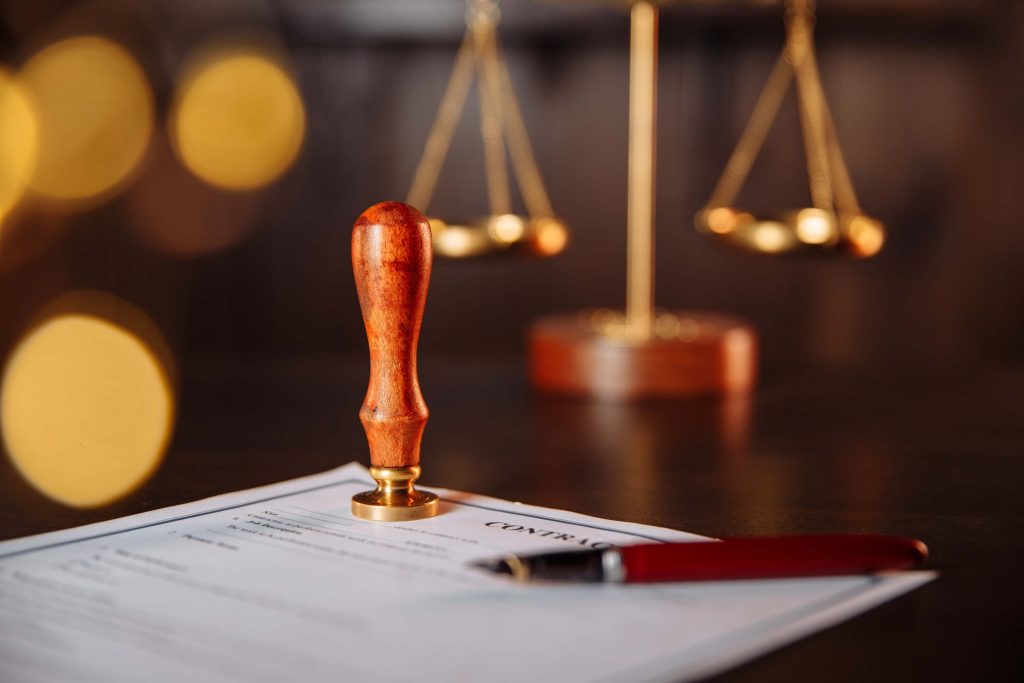When it comes to planning for the future and ensuring your loved ones are cared for, having a trusted legal partner by your side is essential. At Krause Estate Planning & Elder Law Center, we are committed to providing comprehensive estate planning services tailored to meet the unique needs of each client. Our experienced team offers expert legal guidance in estate management and elder law, helping you navigate complex decisions confidently and clearly.
In this blog, we will explore the important duties of an executor of an estate, shedding light on the responsibilities involved and how professional support can make this process smoother for all parties.
Introduction to Executor Roles
An executor plays a crucial role in the administration of an estate after a person’s passing. Simply put, an executor is the individual or institution appointed in a will to carry out the wishes of the deceased. This role involves managing the estate’s assets, paying debts and taxes, and ultimately distributing the remaining property to the rightful beneficiaries. Serving as an executor is a position of great responsibility and trust, as it requires not only attention to detail but also a thorough understanding of legal and financial matters.
The executor’s duties begin shortly after the death of the testator (the person who made the will). One of the first tasks is to file the will with the probate court, which oversees the legal process of estate administration. From there, the executor must identify and take inventory of the deceased’s assets, notify beneficiaries and creditors, settle outstanding debts and taxes, and ensure that the estate is distributed according to the terms of the will. This process can be complex and time-consuming, often involving coordination with attorneys, financial institutions, and government agencies.
Given the significant responsibilities involved, choosing a capable executor is essential. Selecting the right person or entity can help ensure that the estate is handled efficiently, fairly, and following the deceased’s wishes. An effective executor should be organized, trustworthy, and able to communicate clearly with beneficiaries and professionals involved in the process. They should also have the patience and diligence to navigate potential challenges, such as disputes among heirs or complicated financial matters.
At Krause Estate Planning & Elder Law Center, we understand the importance of this decision and provide guidance to help you select an executor who is well-suited for this vital role. Whether you are drafting a will or reviewing your estate plan, an experienced estate planning attorney can assist you in making informed choices that protect your legacy and provide peace of mind for you and your family.
Primary Duties of the Executor of Estate
Serving as an executor of a person’s estate involves several key responsibilities that are essential to ensuring the smooth administration of an estate. This includes managing:
- The decedent’s property
- The decedent’s taxes
- The decedent’s creditors
- The decedent’s debts
Understanding the primary duties of handling a deceased person’s estate can help the executor and the beneficiaries navigate the process with greater clarity and confidence.
Gathering and Managing the Estate’s Assets
One of the first and most important tasks an executor undertakes is identifying, locating, and securing all assets of the decedent’s estate. This includes everything from real estate, bank accounts, investments, estate property, and valuable possessions. Estate executors must create a detailed inventory of estate assets and take steps to protect them throughout the probate process. Proper management may also involve maintaining property, managing investments, and ensuring that assets do not depreciate unnecessarily during this time.
Paying Debts, Creditor Claims, and Taxes Owed by the Estate
Before any of the decedent’s assets can be distributed to beneficiaries, the executor is responsible for settling the deceased’s debts and financial obligations. Managing assets may involve notifying creditors via death certificate, filing estate tax returns, and using estate funds to settle remaining debts.
These legal obligations include paying off creditors, final medical bills, funeral expenses, and any taxes owed by the estate, such as estate taxes or income taxes. The executor must carefully review all of the estate’s debts and claims against the estate and ensure that payments are made in accordance with legal requirements and deadlines. This step is critical, as failure to properly address debts and taxes can lead to legal complications or personal liability for the executor.
Distributing the Remaining Assets to Beneficiaries as per the Will
Once all debts and taxes for the deceased person have been paid, it is the last of the executor responsibilities to distribute the remaining assets to the beneficiaries named in the will. The distribution of the deceased’s estate must be done precisely according to the instructions left by the deceased. The executor should keep clear records of all distributions and communicate openly with beneficiaries throughout the process. Proper execution of this duty brings closure to the estate and honors the wishes of the person who passed away.
At Krause Estate Planning & Elder Law Center, we guide clients through each of these critical executor’s legal duties, ensuring that the estate is managed with care, accuracy, and legal compliance. Our goal is to support you in fulfilling your role effectively while minimizing stress during what can be a challenging time.
Can More Than One Executor Handle Estate Administration?
Yes, it is possible to appoint several executors to administer an estate – like the surviving spouse and other family members. Many name co-executors in their will to share the responsibilities and workload of managing an estate after the decedent’s death. Multiple executors can be beneficial, especially with large and complex estates, or when the testator wants to ensure a balance of perspectives and oversight.
However, appointing several executors also requires careful consideration. Co-executors must be able to work together cooperatively and communicate effectively, as they will need to make joint decisions throughout the probate process. Disagreements or conflicts between co-executors can lead to delays, increased costs, and even legal disputes, which can complicate the administration of the estate.
In some cases, a valid will may specify that co-executors must act unanimously, while others allow decisions by majority vote or provide a tie-breaking mechanism. It’s important to clearly outline how co-executors should operate to avoid confusion.
Reach Out to an Estate Attorney Who Will Work in Your Best Interest
At Krause Estate Planning & Elder Law Center, we assist clients in understanding the advantages and potential challenges of having an appointed executor for paying unpaid bills and distributing assets. Our experienced attorneys guide you in selecting the right personal representatives and structuring your estate plan to ensure smooth administration while fulfilling your fiduciary duty.
When managing complex assets, selling estate property, or handling property owned by the deceased, we help navigate the interests of all interested parties. Whether you choose a single personal representative or co-personal representatives, we provide the legal support necessary to manage the estate effectively and with minimal stress.
Contact us today for professional advice from experienced attorneys.



